- SCO 99, Sector 44-C, Chandigarh, India-160047
- +91 98090 90908
- navigators@ymail.com
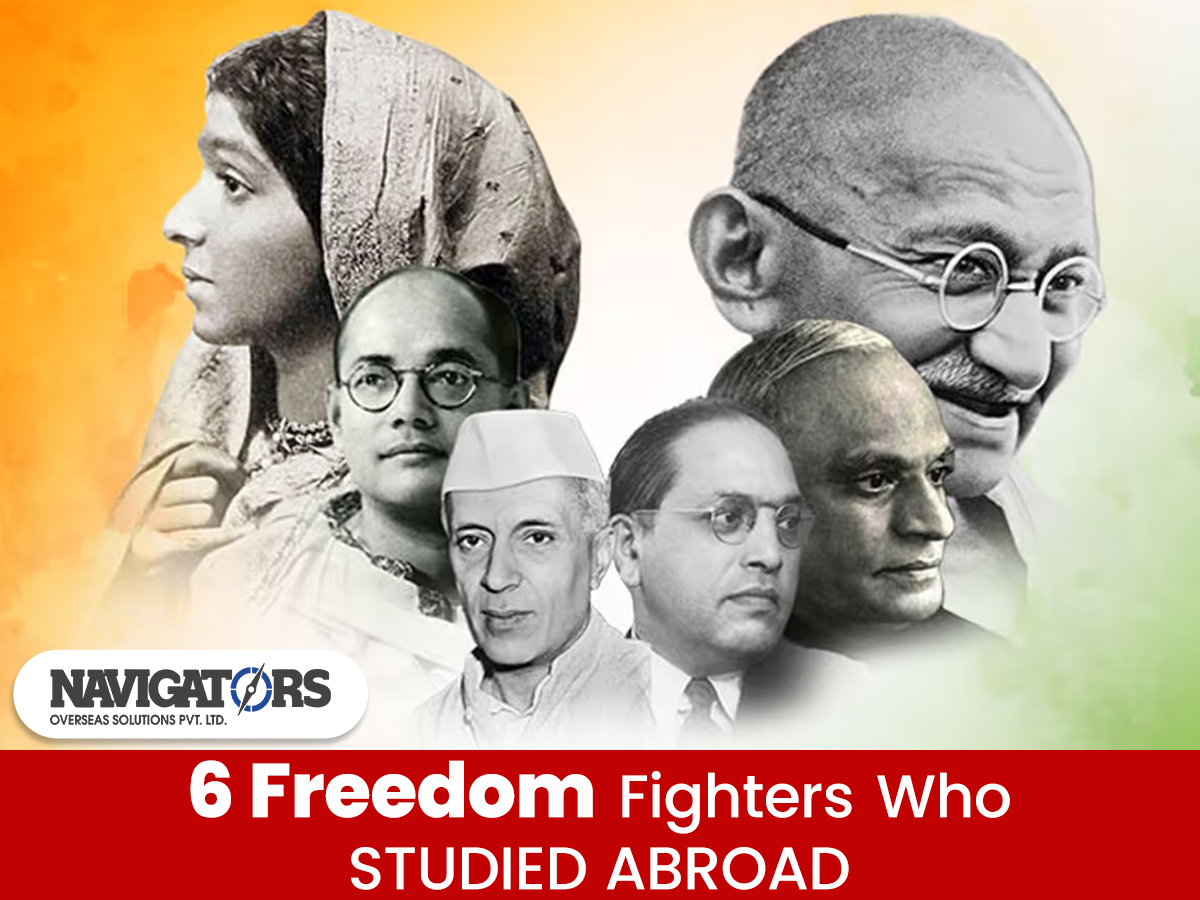
The Indian freedom struggle is a saga of courage, determination, and sacrifice. While many freedom fighters drew strength from their roots, some also sought inspiration and education abroad. This blend of global perspectives and deep-seated patriotism contributed to their impactful roles in India’s fight for independence. Here’s a look at six remarkable freedom fighters who studied abroad and how their education influenced their contributions to India’s independence.
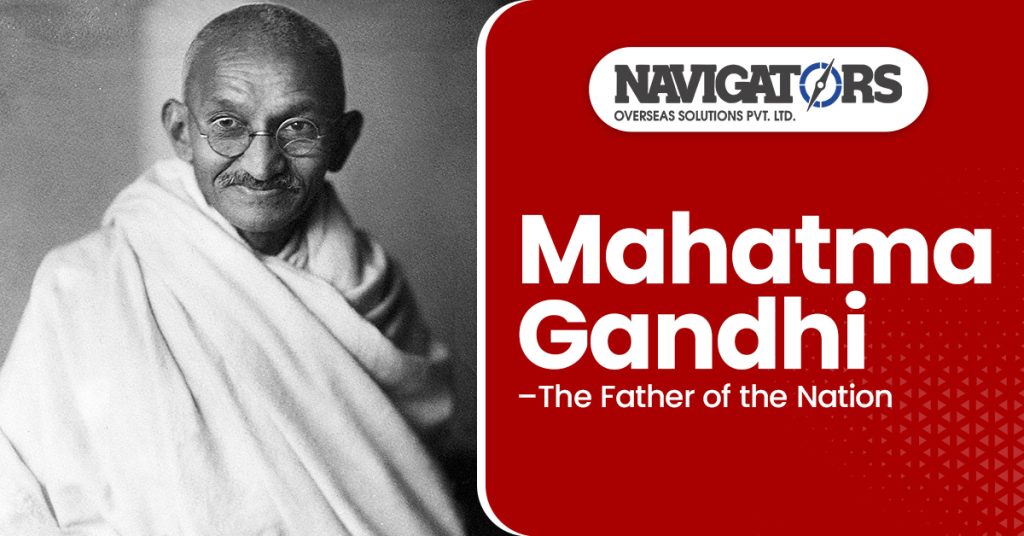
Education Abroad: Law at University College London
Mahatma Gandhi, known worldwide for his principles of non-violence and truth, pursued law in London. During his time in England, he was exposed to various political and social movements that shaped his philosophy. Gandhi’s study of law and his interactions with different cultures allowed him to develop a unique perspective on justice and civil rights. This education became the foundation of his strategies in the Indian independence movement, where he employed non-violent civil disobedience as a powerful tool against British rule.
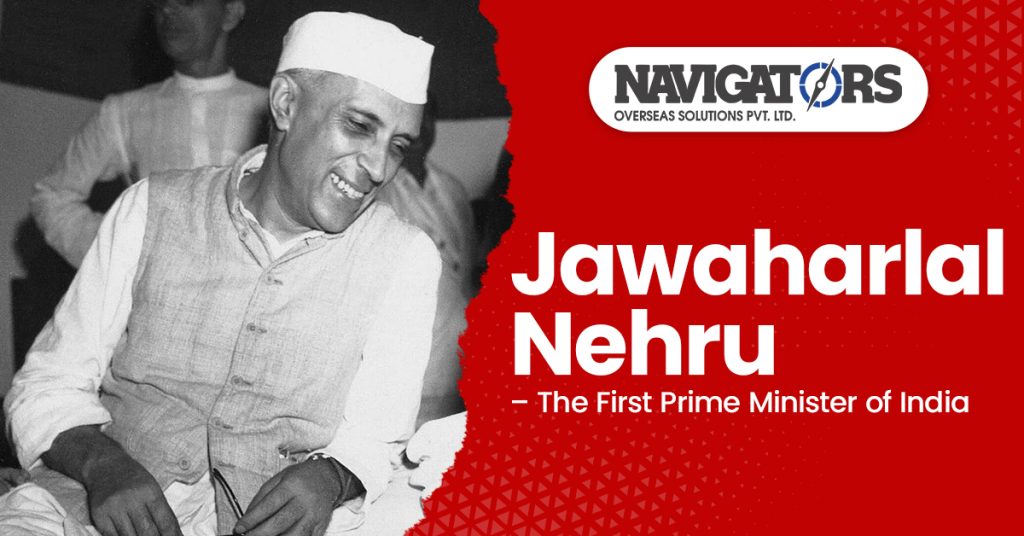
Education Abroad: Harrow School, Trinity College, Cambridge, and Inner Temple, London
Jawaharlal Nehru, a pivotal figure in India’s freedom struggle and the country’s first Prime Minister, had an extensive education in England. His time at Harrow, Cambridge, and the Inner Temple exposed him to liberal ideologies and the intricacies of governance. Nehru’s education helped him develop a modern outlook and a vision for an independent India that was democratic, secular, and progressive. His experiences abroad also instilled in him a deep appreciation for parliamentary democracy, which he later advocated for in India.
CLICK HERE To Know more
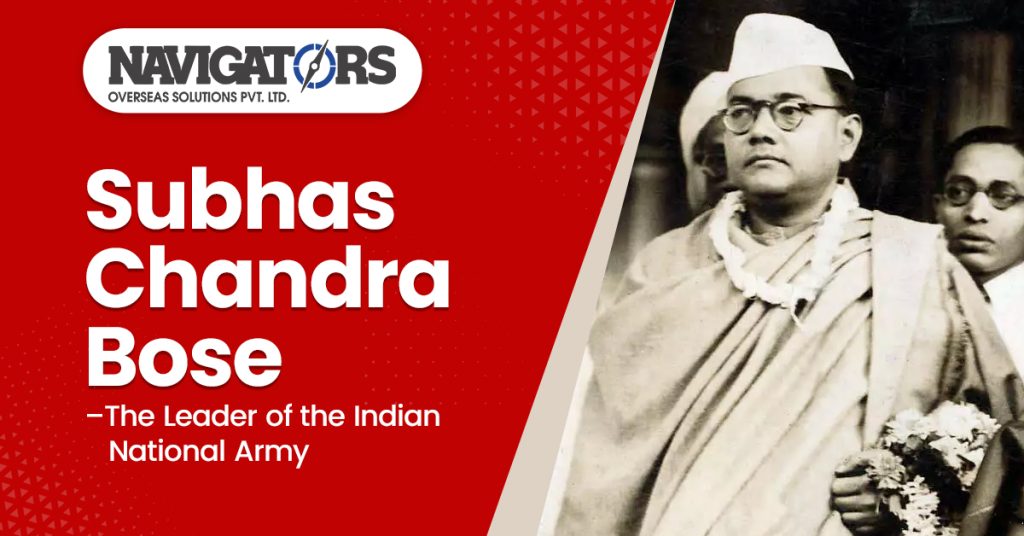
Education Abroad: Fitzwilliam College, Cambridge
Subhas Chandra Bose, popularly known as Netaji, was a dynamic leader who believed in the power of armed struggle to achieve independence. Bose studied at Fitzwilliam College in Cambridge, where he excelled in academics. His time in Europe allowed him to engage with various political ideologies, particularly socialism and fascism, which influenced his revolutionary approach. Unlike many of his contemporaries, Bose was not in favor of peaceful negotiation with the British and instead sought alliances with Axis powers during World War II to liberate India by force.
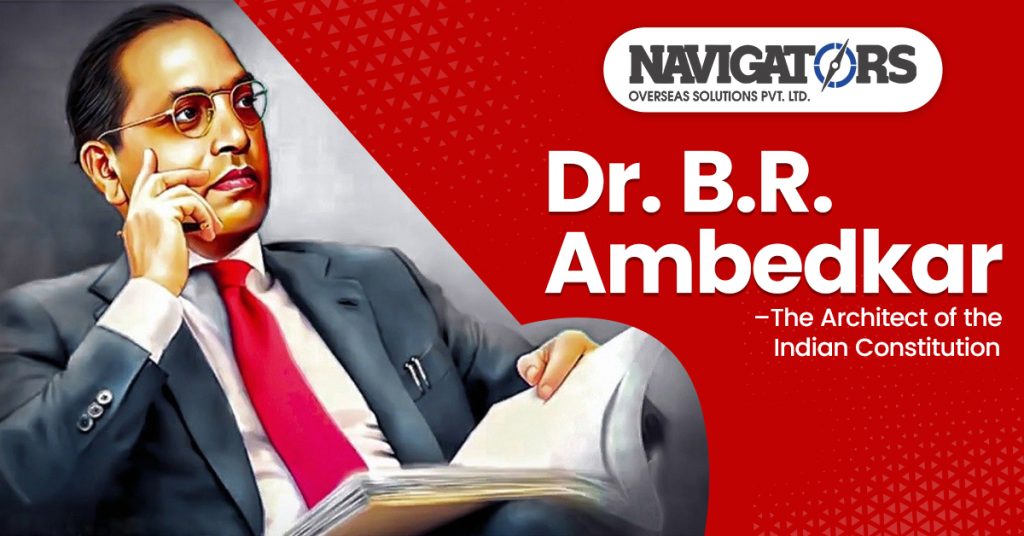
Education Abroad: Columbia University, USA, and the London School of Economics (LSE)
Dr. B.R. Ambedkar, a towering figure in the fight against caste discrimination and the principal architect of the Indian Constitution, pursued advanced studies at Columbia University and LSE. His education abroad equipped him with a deep understanding of law, economics, and political science. Ambedkar’s exposure to global ideas of liberty, equality, and fraternity heavily influenced his work in drafting the Indian Constitution. His time abroad also reinforced his commitment to social justice, which remained central to his efforts for the upliftment of marginalized communities in India.
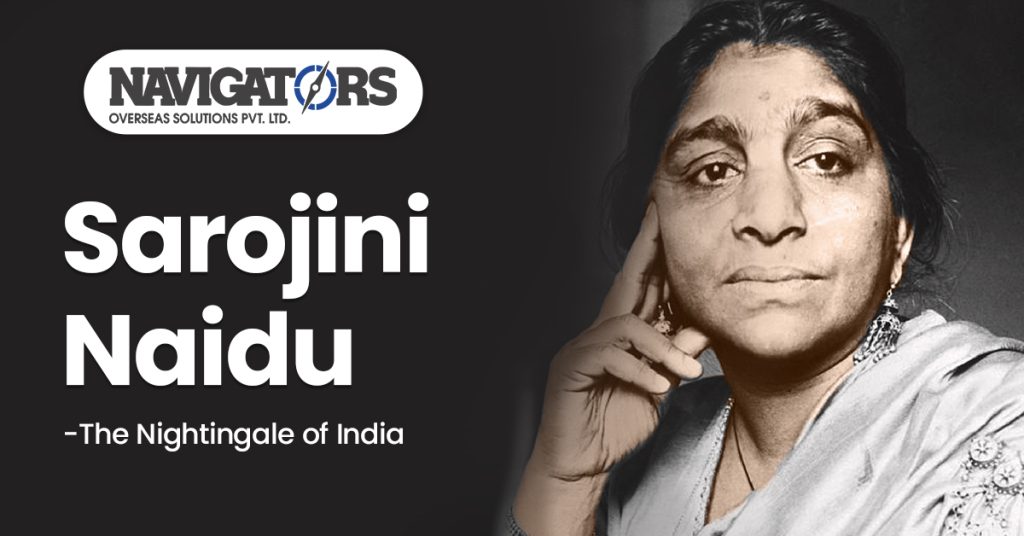
Education Abroad: King’s College, London, and Girton College, Cambridge
Sarojini Naidu, renowned for her poetic talent and oratory skills, was a key figure in India’s struggle for independence. She studied at King’s College, London, and later at Girton College, Cambridge. Her education in England exposed her to the suffragette movement, which fought for women’s rights, and this experience significantly shaped her advocacy for women’s participation in the freedom struggle. Naidu’s eloquence and charisma made her a prominent leader and spokesperson for the Indian National Congress, where she played a vital role in mobilizing support for the cause of independence.
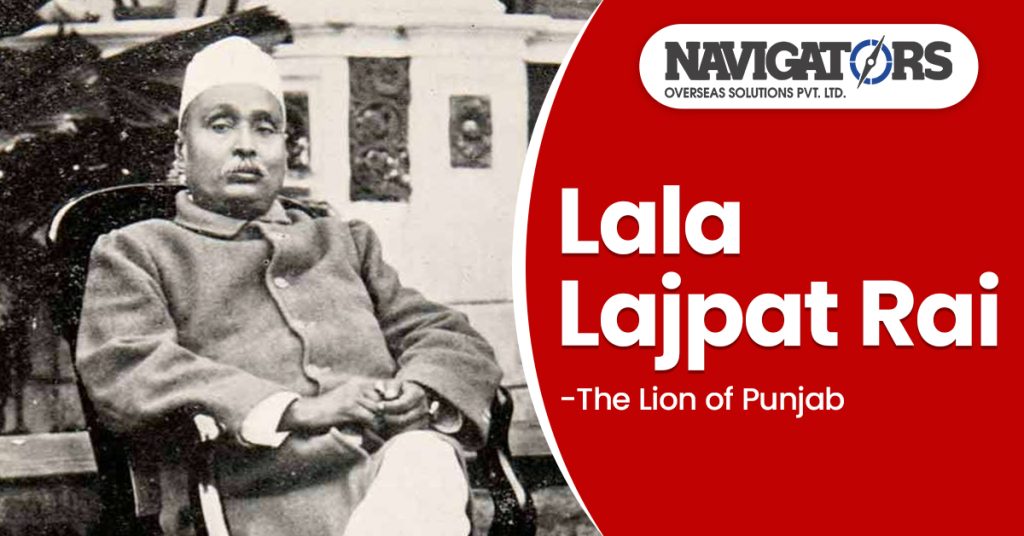
Education Abroad: Law studies in Britain
Lala Lajpat Rai, an influential leader and a staunch nationalist, is remembered for his fierce opposition to British rule. He traveled to Britain to study law, and his time abroad deepened his understanding of Western political thought. However, unlike some of his contemporaries who embraced Western ideals, Rai returned to India with a renewed passion for traditional Indian values and a desire to preserve India’s cultural heritage. He believed that India’s strength lay in its rich history and traditions, and his leadership was marked by efforts to revive Indian pride and resist colonial domination.
CLICK HERE To Know more
The education these freedom fighters received abroad was not just an academic exercise; it was a transformative experience that shaped their ideologies and strategies in the fight for independence. By combining the knowledge and perspectives they gained abroad with their deep love for India, they were able to challenge British rule in innovative and effective ways. Their legacy reminds us that education, no matter where it is acquired, can be a powerful tool for social and political change.
This article aims to provide readers with engaging and insightful content, offering a comprehensive look at the educational journeys of six prominent freedom fighters and their impact on India’s fight for independence.